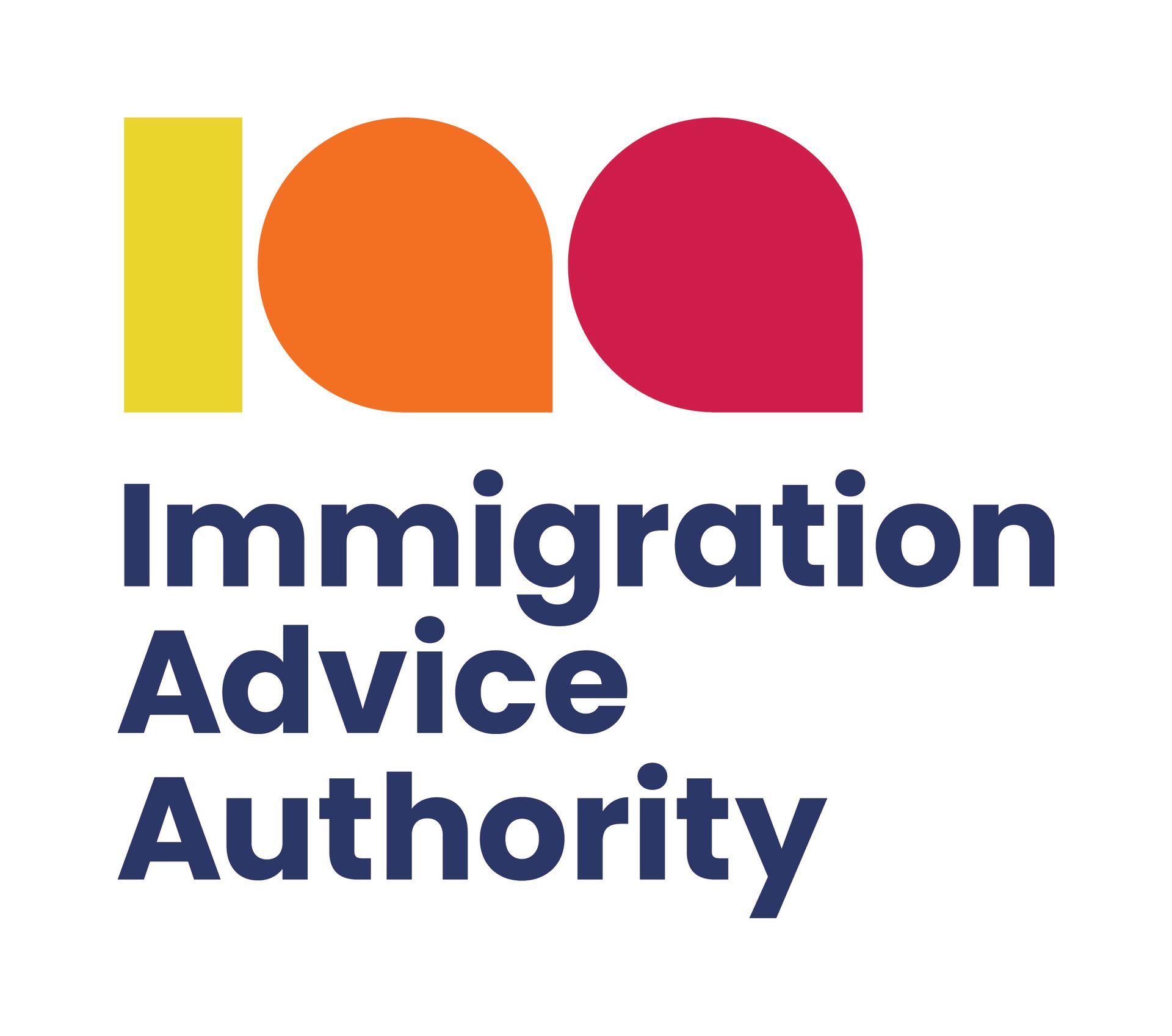BREXIT LATEST NEWS
THE GUARDIAN
Date Published: 09 December 2018 UK immigration crackdown 'could send companies to the wall'
Theresa May’s plans for a crackdown on immigration after Brexit could cause UK companies to go bust and spark job losses across the country, the head of Britain’s biggest business lobby group has warned.
Carolyn Fairbairn, the director general of the Confederation of British Industry (CBI), said the measures aimed at restricting low-skilled immigration could have unintended consequences, and warned the prime minister against using “derogatory terms” about EU migrants working in Britain.
If greater controls were implemented overnight, she told The House magazine: “[The UK could see] businesses go under and we would lose jobs rather than create jobs for our population.”Her comments come after May used a speech to the CBI last month to warn that, after Brexit, EU migrants would no longer be able to “jump the queue” to come to Britain.
Fairbairn said business leaders had real concerns about the rhetoric, adding that the government might have underestimated how big a shock it would be for the economy. “Some have equated it to the oil price shock of the 1970s,” she said.
Companies are reporting growing problems hiring staff, with fewer EU migrants coming to Britain since the Brexit vote. Net EU migration to the UK has fallen to the lowest level in six years.
According to the latest snapshot from the labour market by the accountancy firm KPMG and the Recruitment & Employment Confederation, the overall availability of staff continued to decline in November.
WHAT DOES OUR BUSINESS EXPERT THINK OF THIS PRESS RELEASE?
Since 2004 when the EU welcomed 10 new member states and the UK saw a massive explosion of Eastern European workers come to the UK for a better life, no one really realised how UK businesses became so dependent on these lower skilled workers.
At G4I we have seen literally free movement for Eastern block nationals to walk into the UK and set up a sole trader business, the introduction of the A8 Workers Registration Scheme (WRS) to the BR scheme for Bulgarians and Romanians and lastly the CR programme for Croatian nationals.
Since 2016 when the UK announced that the UK wanted to leave the EU, we have obtained official stats that shows not a decline in Eastern European workers coming to the UK since 2008 to 2017.
If the UK does leave the EU as planned in March 2019, the Government has announced all EU nationals must fall in line as other non-EEA nationals. It is estimated 3.7 million EU/EEA nationals live in the UK. In 2008 95 million EU/EEA nationals entered the UK, in 2016 113.7 million entered the UK and finally in 2017 117.1 million entered the UK. This tells us, the UK is very popular place to visit for EU nationals. Granted many just visit but if UK businesses can no longer hire workers in hospitality, catering, healthcare, agriculture to name a few, businesses will either go out of business or be forced to increase their costs to the likes of retailers forcing the UK population to dig deeper to purchase any type of good and services.
The Home Office introduced Tier 3 in 2008 for lower skilled workers, it was never activated due to the A8 countries entering the EU in 2008. Unless a Tier 3 route is opened up for lower skilled workers, Uk businesses will struggle to find the work force to cater for UK and Global demands.
BBC NEWS
Date Published: 21 June 2018
Three 'simple' questions for EU citizens to stay in the UK
EU citizens will have to answer three "simple" questions online if they want to continue living in the UK after Brexit, the home secretary has said.
Sajid Javid said the government's "default" position would be to grant, not refuse, settled status.
People will be asked to prove their ID, whether they have criminal convictions and whether they live in the UK.
Their answers will be checked against government databases and a decision given "very quickly", said Mr Javid.
The scheme will operate online and via a smartphone app, Mr Javid said, and would be "as simple as people can reasonably expect", with most decisions turned around within two weeks or sooner.
Speaking to a House of Lords committee, Mr Javid said there would have to be "a very good reason" why an application would be refused.
The Home Office said the criminal record checks would be about "serious and persistent criminality, not parking fines".
The £170m scheme will be compulsory for all EU citizens living in the UK - the government expects a total of 3.5 million applications.
EU citizens and family members who have been in the UK for five years by the end of 2020 will be able to apply for "settled status", meaning they are free to go on living and working in the UK indefinitely.
Those who have arrived by December 31, 2020, but do not have five years' residence, can seek to stay until they have, at which point they can seek settled status.
The scheme also includes citizens of Switzerland, Iceland, Liechtenstein and Norway.
How much will it cost?Applications will cost £65 for adults and £32.50 for children and be free for EU nationals who already have residency or indefinite leave to remain.
Applicants will be asked to provide:- their biographical information
- declare whether they have any criminal records,
- upload a facial photograph.
The process requires verification of the applicant's identity and nationality using a passport, ID card or other valid document, which can be done using a smartphone app or through secure post.
WHAT DOES OUR BUSINESS EXPERT THINK OF THIS PRESS RELEASE?
It appears Theresa May has agreed with the EU that any EU national already in the UK will not have to leave the UK when the UK leaves the EU on the 29 March 2019. This is great news for EU nationals who have established their lives in the UK.
A simple registration registration form asking very basic information and the EU national can remain in the UK. If any EU national does not have a 'Good Character' such as a serious criminal record, it is yet decided what the Home Office will do for those individuals. We believe each case will be decided upon the serious of the crime, if spent time in prison and whether the individual has recommitted further crimes.
The government has awarded a contract
to WeAreDigital
to help EU nationals living in the UK who cannot access a web enabled device or, have a disability or, just not computer literate, WeAreDigital will assign a third-party to help with their registration.
- their biographical information
- declare whether they have any criminal records,
- upload a facial photograph.
Need a Question Answered?
Support Services
EEA Useful Links


